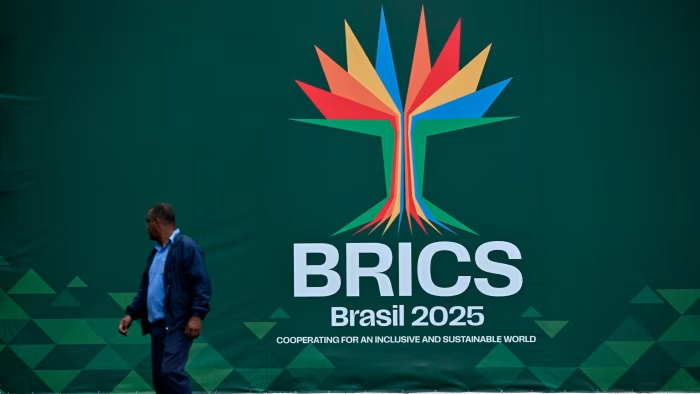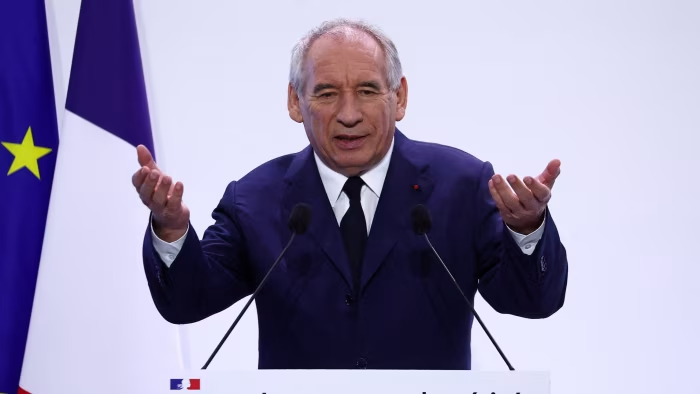Growing Pains and Absent Leaders Cast Shadow Over Rio Brics Summit

Lead
As Brics convenes in Rio this weekend, cracks appear in the bloc’s unity—rapid expansion, ideological divides, and key leadership absences threaten its cohesion and ambitions.
1. Rapid Expansion, Slow Consensus
Brics has ballooned from five founding members to eleven, stretching from Brazil and India to Iran, Saudi Arabia, and Indonesia. But this meteoric growth has surfaced deep tensions, particularly between democratic and authoritarian states, making agreement more elusive .
2. Missing Heavyweights
In a surprising move, China and Russia’s top leaders will not attend. China’s Xi Jinping is sending Premier Li Qiang, while Vladimir Putin will participate virtually due to an ICC arrest warrant. Their absences signal uncertainty about the bloc’s direction.
3. Split Over Geopolitical Crises
Underlying tensions are evident: members are divided on UN Security Council reform, positions on Gaza and Israel–Iran dynamics, and debates over an eventual African seat at the UN. Preliminary ministerial talks failed to produce a unified statement .
4. India Balances East and West
India deepens engagement with Western partners through new trade deals and defence collaborations. Its cautious stance reflects concerns that China and Russia may dominate Brics—a sign it increasingly views the bloc as a backup .
5. Brazil’s Agenda: Pragmatic Over Politics
Host nation Brazil is steering focus toward neutral policy areas: public health, green energy, AI, vaccines, and climate finance. Lula hopes this pragmatic pivot can sidestep the ideological gridlock .
6. A Test of Brics’ Global Role
Despite representing half the global population and 40% of global GDP, the bloc’s internal divisions may hinder its aspirations to challenge US-led institutions. Yet, with protectionist trends rising in the West, it remains a potential voice for the Global South .
Bottom Line:
The Brics summit in Rio highlights mounting pains: expanding membership has magnified ideological rifts, leadership absences raise doubts, and consensus is hard to achieve. Brazil seeks to shift the focus toward cooperation—but whether Brics can evolve from aspirational forum to global actor remains uncertain.




